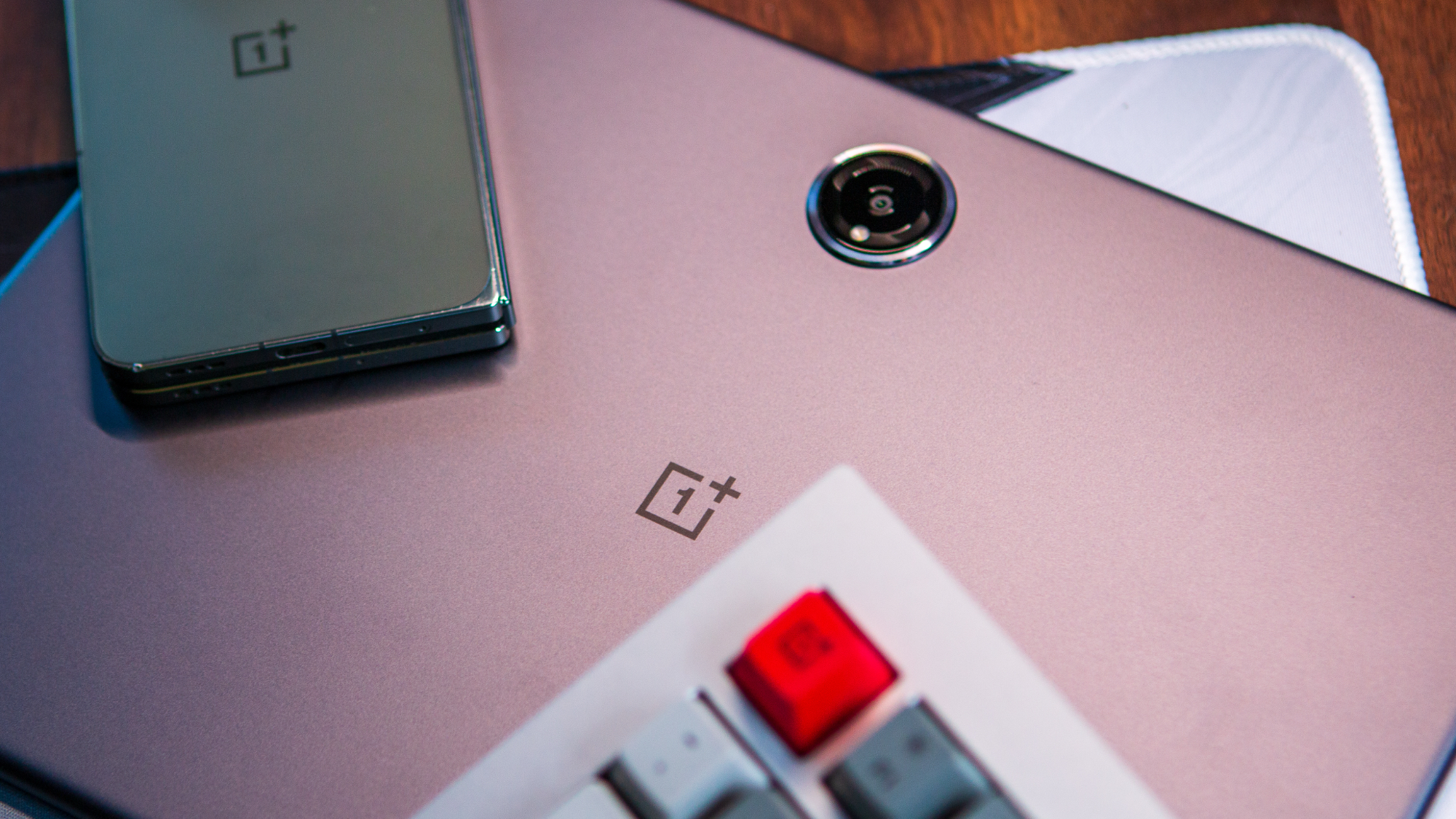Honeywell Unveils Innovative Collision-Avoidance Technology on Boeing 757-200 Test Flight
The Honeywell Boeing 757-200 test plane recently took to the skies from Hartsfield-Jackson Atlanta International Airport, and I had the unique opportunity to experience a demonstration flight showcasing groundbreaking technology aimed at preventing aircraft collisions. This initiative is part of Honeywell Aerospace Technologies' ongoing efforts to enhance aviation safety.
Honeywell's latest systems, known as Surface Alert (SURF-A) and Smart-X, are designed to provide pilots with critical alerts during the high-risk phases of flight, specifically takeoffs and landings. These two systems are seamlessly integrated into the aircraft's avionics software, delivering direct warnings to pilots. This advanced technology could potentially eliminate collisions and reduce the number of near-miss incidents, which have long been a concern in the aviation industry.
During my test flight, I learned that the SURF-A system can detect potential dangers on the runway and inform pilots with timely alerts, giving them precious seconds needed to take corrective action. The Smart-X system, on the other hand, enhances situational awareness by processing data from multiple sources, allowing pilots to make more informed decisions.
Thea Feyereisen, a human factors expert at Honeywell Aerospace, emphasized the importance of these innovative tools in an interview with Business Insider. Pilots are our last line of defense. They are the ones who can help mitigate a disaster, she explained. These systems serve as a third set of eyes, enhancing their situational awareness and ultimately improving safety.
Significantly, a study conducted by Boeing reveals alarming statistics: the minutes surrounding takeoff and landing constitute nearly two-thirds of all fatal aviation accidents, despite representing only 6% of the total flight time. This highlights the critical need for advanced technologies that can address safety during these vulnerable phases of flight.
The test flight not only demonstrated the capabilities of the new systems but also underscored Honeywell's commitment to leading the way in aviation safety innovations. As the airline industry continues to evolve and recover from the challenges posed by recent global events, technologies like SURF-A and Smart-X could play a pivotal role in safeguarding the future of air travel.
This initiative is particularly timely as the aviation sector seeks to reassure passengers and airline operators of their commitment to safety and reliability. With Honeywell's advanced technologies, the hope is to significantly reduce the risk of accidents during those critical moments of flight.
As aviation technology advances, the collaboration between tech developers like Honeywell and airlines is essential to ensure that safety improvements reach the operational level of the industry.























